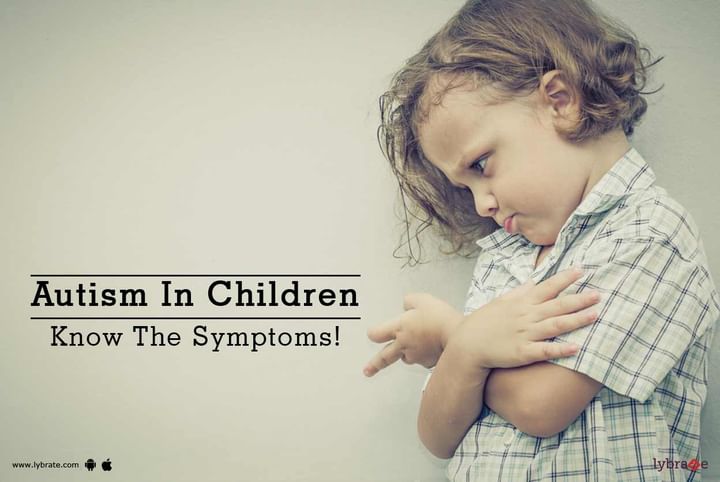Autism In Children - Know The Symptoms!
Children should be brought up with utmost care. A child should not be your centre of attraction only because it is incapable to fend for itself, but also because it is not half as aware as you are or could be about its problems. Parents punish their children for the slightest of their mistakes; they at times even threaten children to bring home a lesson. Patience and observation are two key things in good parenting. The foibles of your child might indicate at an underlying medical condition. Instead of fixating over the mistakes try and locate the root cause. Early diagnosis of autism can save your child from a bleak future.
The following are a few symptoms of autism in children:
1. Social interaction is a huge challenge: Children suffering from autism are usually noticed to live in a world of their own. They hardly listen to people around them or hardly talk. The presence of many people can scare them or make them conscious. When spoken to, they look away. They do not feel comfortable in revealing their joys or fears. Autistic children like to play alone; they are not interested in group activities with friends.
2. Difficulties in communicating their needs: Communication is the biggest problem autistic children seem to face regularly. They are not able to express their needs and emotions. If they are hungry they might scream or break things but not ask for food. They even fail to comprehend instructions and seem confounded by simple situations. Their speech could comprise of mumbling. Autism in children could make them develop a condition popularly known as echolalia under the effect of which they mouth words without knowing their meanings in an extremely strange tone.
3. An obsessive, repetitive behavior: Children with autism could be persistent in some of their actions. Their body gestures could be repetitive; for instance, they can continue flapping their arms for hours together. Children in certain cases are also very particular about routine. Quite strikingly, objects affect them and they might scrutinize an object meticulously.
4. Sensory problems: Light sound and touch can have a huge impact on children suffering from autism. Patches of light and shade intrigue them whereas high pitched sounds could depress or intimidate them. They usually prefer deep pressure touch and might not respond to anything else.



+1.svg)
